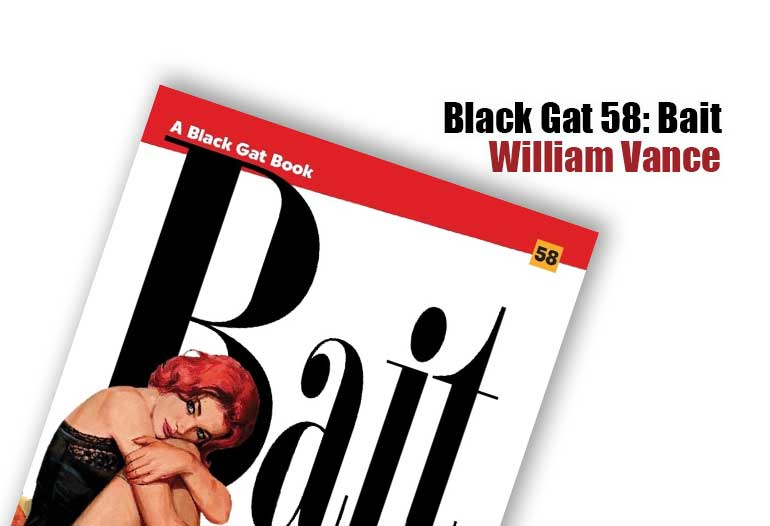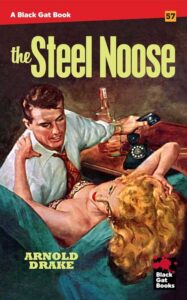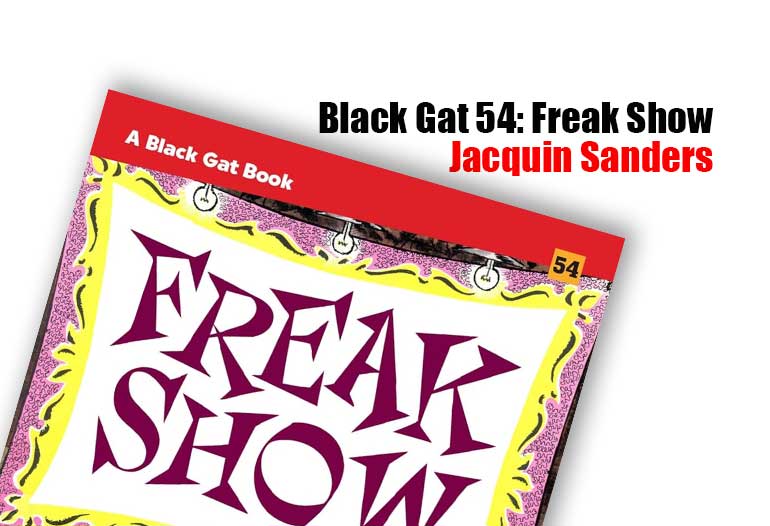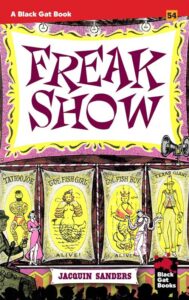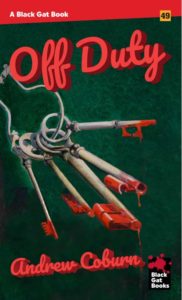 Written during the middle of Basil Heatter’s (1918–2009) crime fiction career, Any Man’s Girl follows, in hindsight, the curse of a gorgeous fatale unable to find her place in the world. The cover image of Lucinda Perky is as close as readers will ever get to meeting her, because she never appears alive in her story, which begins with the number one suspect of her murder—her husband, Russ—already incarcerated, awaiting trial.
Written during the middle of Basil Heatter’s (1918–2009) crime fiction career, Any Man’s Girl follows, in hindsight, the curse of a gorgeous fatale unable to find her place in the world. The cover image of Lucinda Perky is as close as readers will ever get to meeting her, because she never appears alive in her story, which begins with the number one suspect of her murder—her husband, Russ—already incarcerated, awaiting trial.
The novel story takes place in Florida, rich in the southern racism of its barely 1960s era, but also with sections of remarkably progressive views. Dan and Marty Waxman have transported themselves from New York to Florida, chasing Dan’s dream of perfecting hydroponic farming. He’s the homebody when wife Marty sets out to refresh her career in law, at his uninhibited encouragement. Her case? Prove Russ Perky did not murder his wife, Lucinda, despite substantial circumstantial evidence and local political powers that want nothing better than to wrap this nasty thing up as quick as possible.
Heatter does a solid job maintaining momentum as Marty spins her wheels at every turn and manages to slip in some biting social commentary on prejudice and corruption along the journey.
“Governor Harwood felt a distinct sense of relief when Judge Grady failed to show up for his appointment. It was always a chore, being with Grady. His immense vitality was overwhelming, and those small piggish eyes concealed a cruel and vengeful intelligence.The political woods were full of Gradys, and as a matter of survival, the governor had long since learned to deal with them; but still, particularly in the case of the judge, it went against his grain.
“At what point, he wondered, did a man rise above this sort of thing, free himself of these political vultures? The answer, of course, was never. Right on up to the White House, he felt sure, it must be the same—a never ending procession of men to whom you owned favors—men who could swing votes—men who were important cogs in the party machine. People really imagined that when they elected a governor, they were electing one man to an important office. What they didn’t know was that they were electing a thousand-and-one Gradys at the same time, and that it was the Gradys who made the governor, and that without them, he would vanish into political limbo.”
Heatter does fine work with characterization, dialogue, setting, and plotting his story. Any Man’s Girl is a great read, worthy of celebrating Black Gat’s 50th classic-size paperback. Here’s hoping their are 50 more!
Black Gat Books No. 50 published September 18, 2023
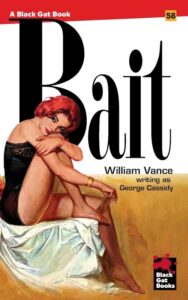 Melody Frane had it all, and she had nothing. She was strikingly beautiful, seventeen, and dirt poor; wandering from town to town working the fields under the tutelage of her drunken, promiscuous mother. Not a promising future.
Melody Frane had it all, and she had nothing. She was strikingly beautiful, seventeen, and dirt poor; wandering from town to town working the fields under the tutelage of her drunken, promiscuous mother. Not a promising future.
